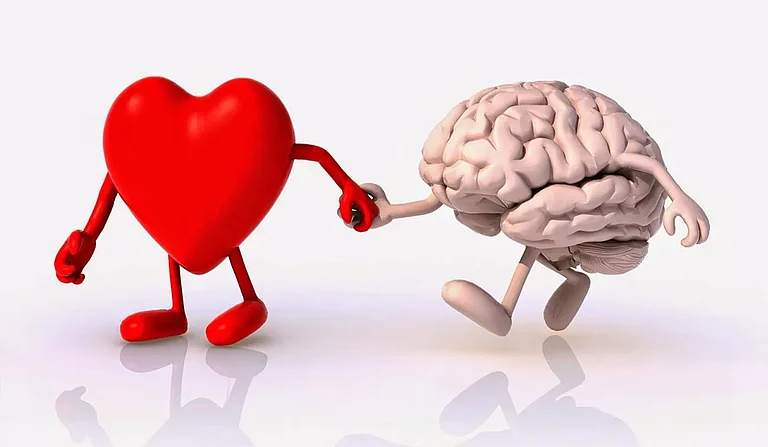Arnold Schwarzenegger, the iconic actor and former governor of California, recently revealed that he underwent surgery to receive a pacemaker. The 76-year-old shared the news during an episode of his podcast, Arnold's Pump Club, asserting the importance of transparency in addressing health issues.
In the podcast episode released on Monday, Schwarzenegger candidly discussed his surgical procedure, stating, "I have some personal news to share. Last Monday, I had surgery for a pacemaker and became a little bit more of a machine." Despite acknowledging the cultural inclination towards privacy, particularly in his native Austria, Schwarzenegger expressed a desire to share his journey to inspire others facing similar health challenges.
The action star reassured his audience that he is recovering well, noting that just days after the surgery, he attended a significant environmental event alongside fitness advocate Jane Fonda. Schwarzenegger commended the medical team at the Cleveland Clinic for their exceptional care and credited his diligence in maintaining regular check-ups with his doctors for his current healthy condition.
The decision to undergo pacemaker surgery stemmed from scar tissue resulting from previous procedures, which led to irregular heartbeats. Schwarzenegger, who has a genetic heart issue, emphasized the importance of staying vigilant and seeking medical advice promptly. Reflecting on his past surgeries, he recalled undergoing valve replacements in 1997, 2018, and 2020, highlighting the ongoing management of his heart health.
The actor's recent check-up ahead of the Arnold Sports Festival prompted further tests, revealing the need for a pacemaker, especially considering his upcoming filming commitments. Despite the temporary restriction on intense gym workouts, Schwarzenegger expressed confidence in his recovery and readiness for future projects.
In sharing his health journey, Schwarzenegger aimed to offer support to others facing health challenges and encourage proactive care. He urged his audience to prioritize their well-being and seek medical guidance without hesitation, emphasizing the importance of not facing health concerns alone.
Schwarzenegger's openness about his health journey serves as a reminder of the importance of transparency and advocacy in promoting overall wellness. As he continues his recovery, the action star remains committed to inspiring others to prioritize their health and seek the necessary care and support.
What is pacemaker surgery?
Pacemaker surgery is a procedure to control or increase the heartbeat, which is a small, battery-powered device placed under the skin near the collarbone.
There are different types of pacemakers, including single chamber, dual chamber, and biventricular pacemakers. These devices stimulate both lower heart chambers, helping to strengthen the heart muscle. The pacemaker devices are used to control or increase the heartbeat, as the heart's electrical system typically controls the heartbeat. Heart signaling problems can occur due to heart muscle damage, gene mutations, or certain medications.

Pacemakers are necessary for people with chronic or irregular heartbeats or heart failure. They work when the heartbeat is too slow, sending electrical signals to correct it.
They may have two parts: a pulse generator with a battery and electrical parts, and leads, flexible, insulated wires placed in the heart's chambers to send the necessary electrical signals. Some newer pacemakers, called leadless pacemakers, do not require leads.





























